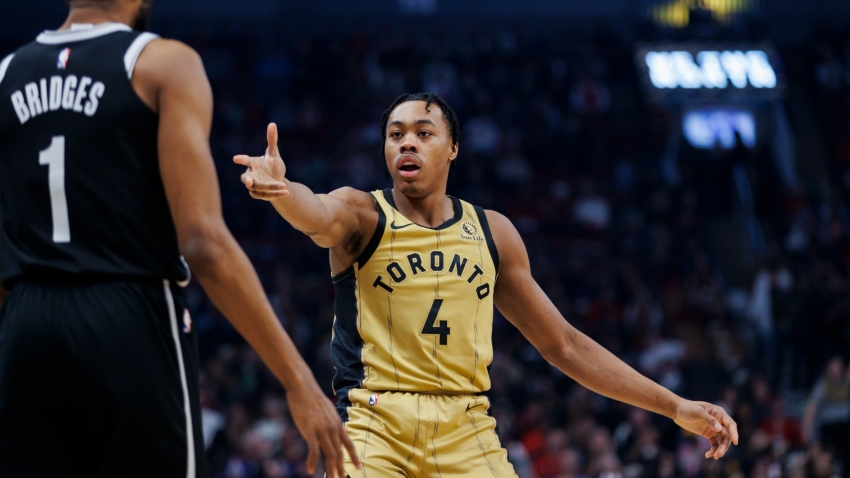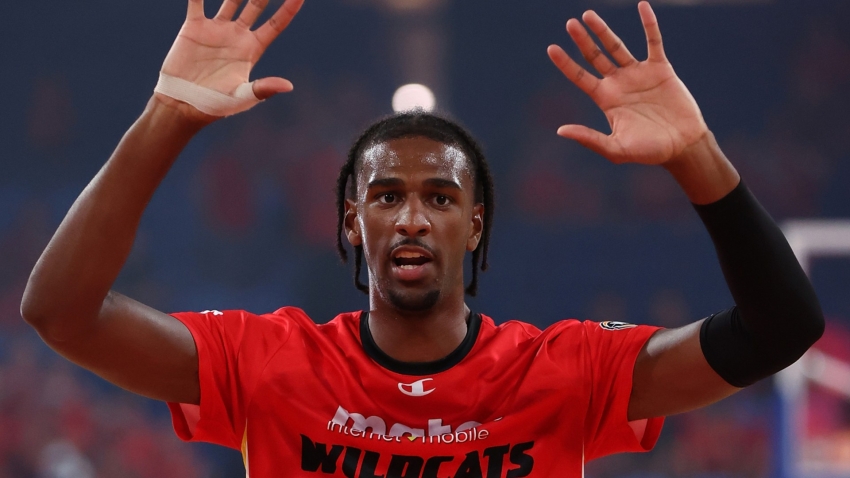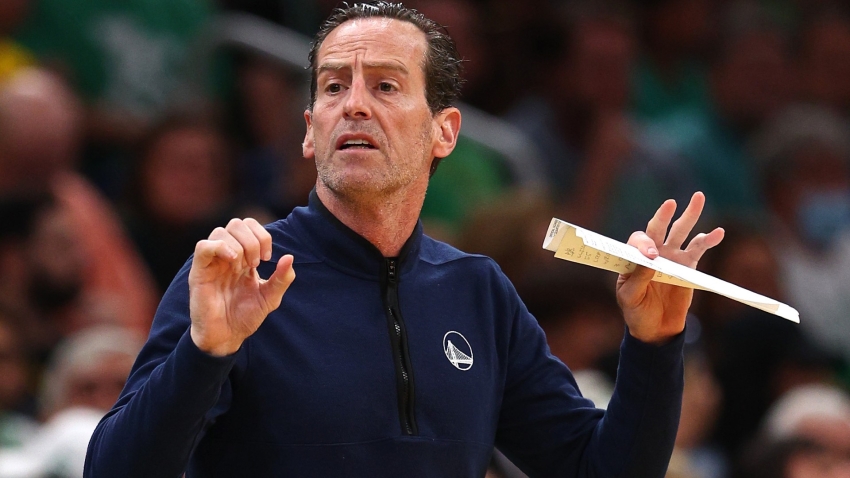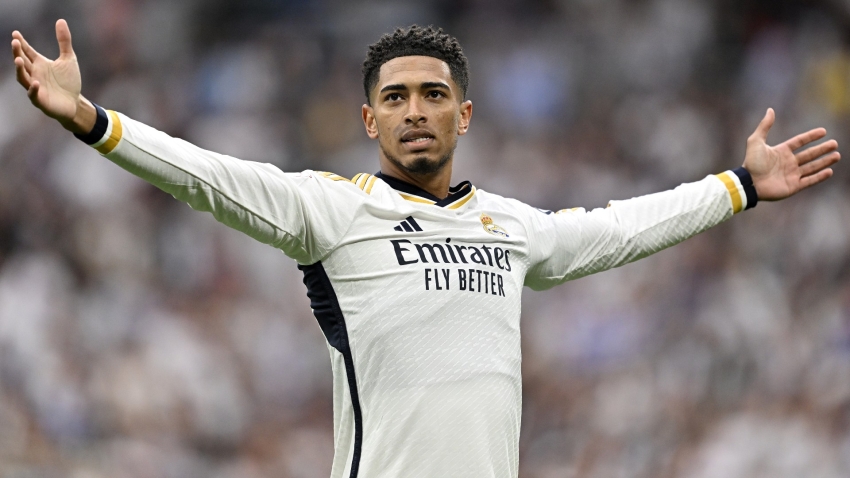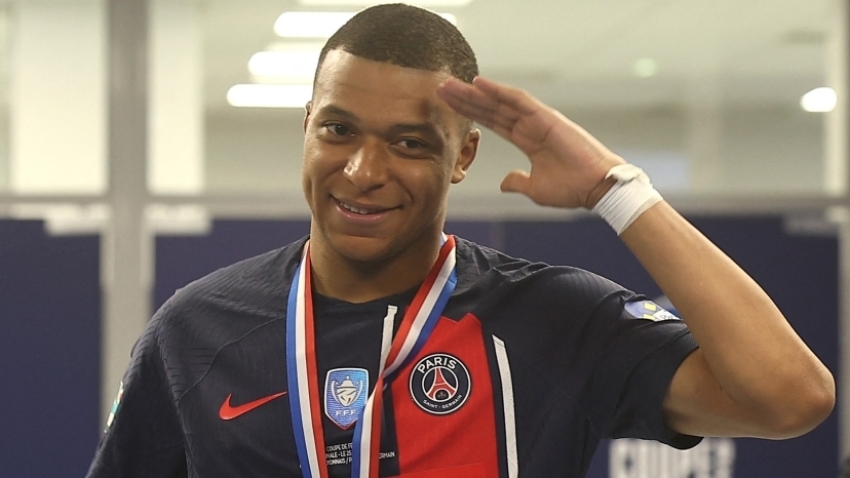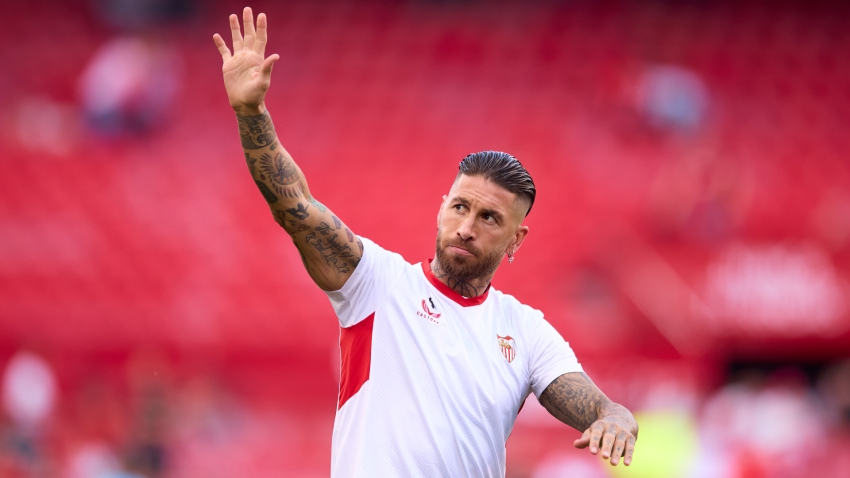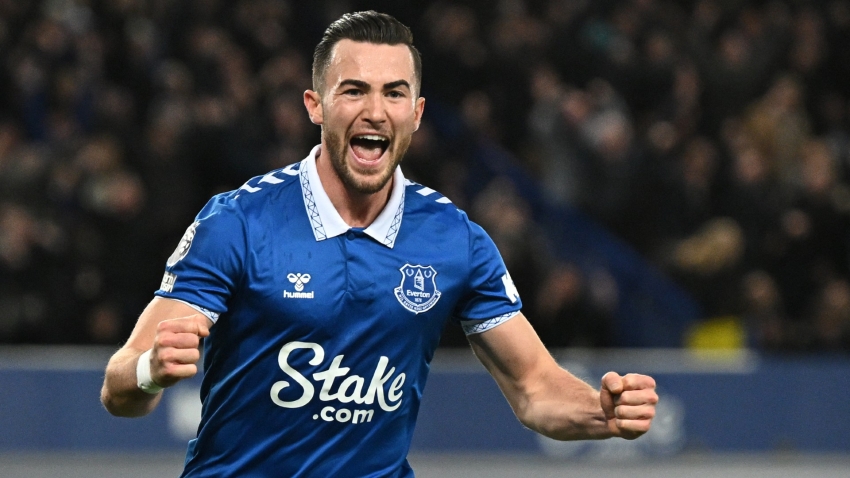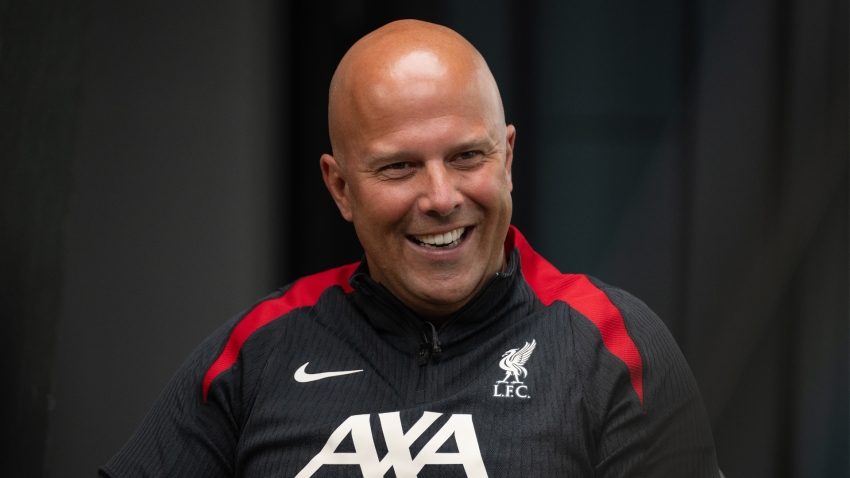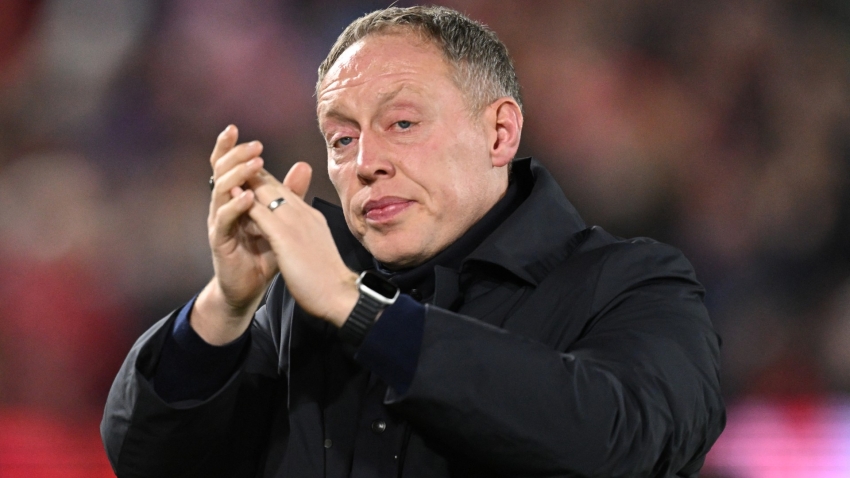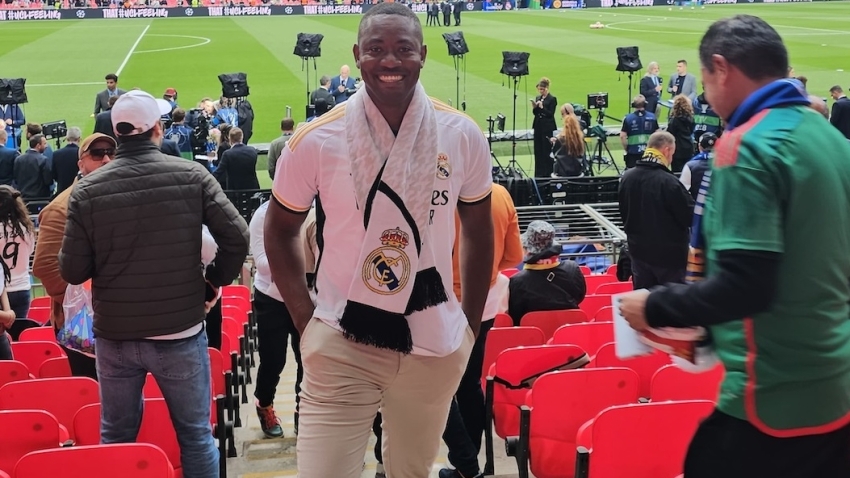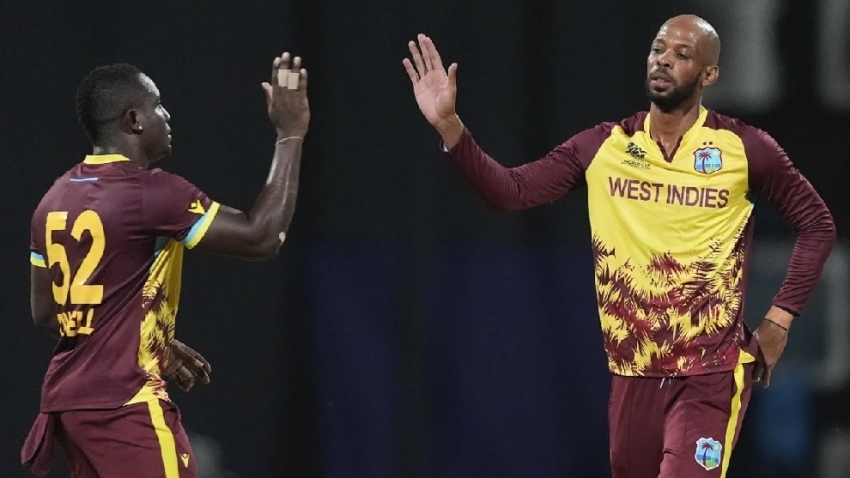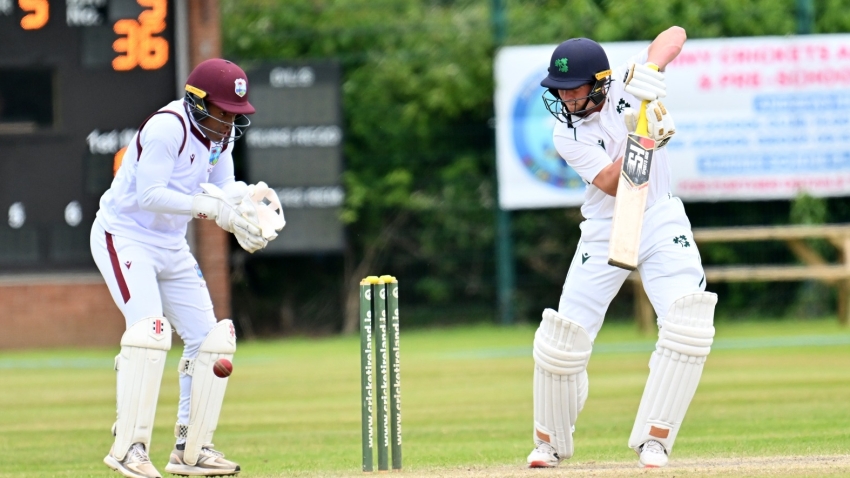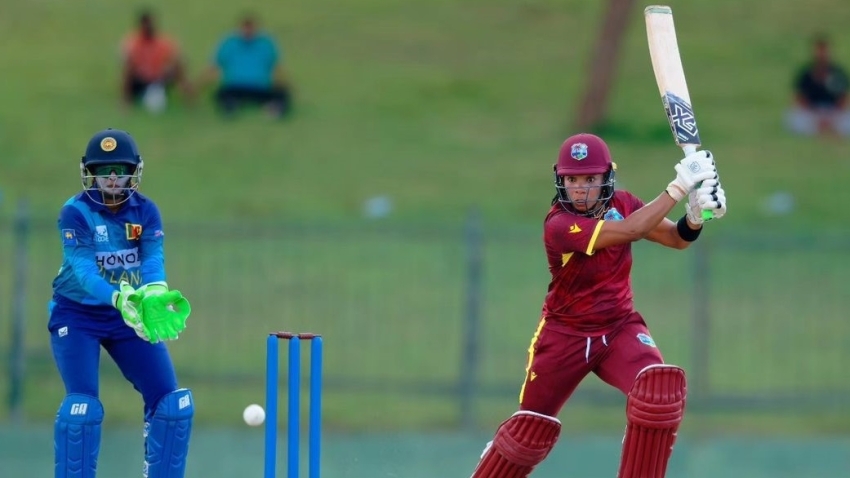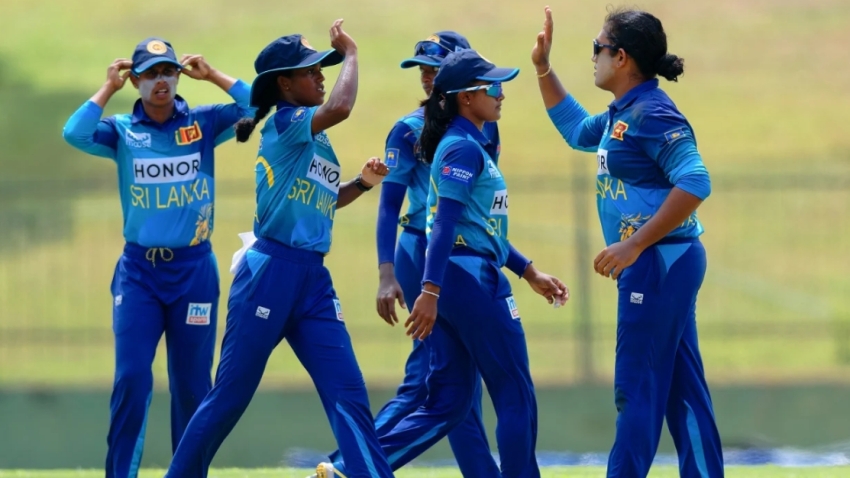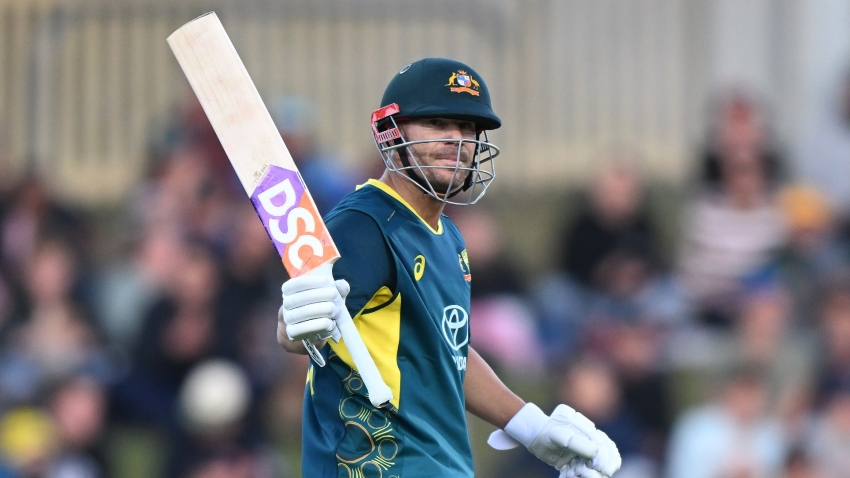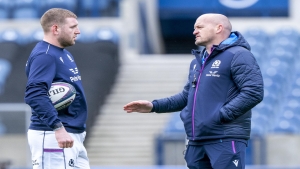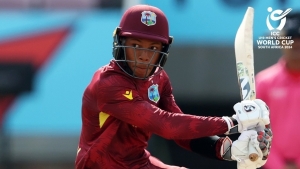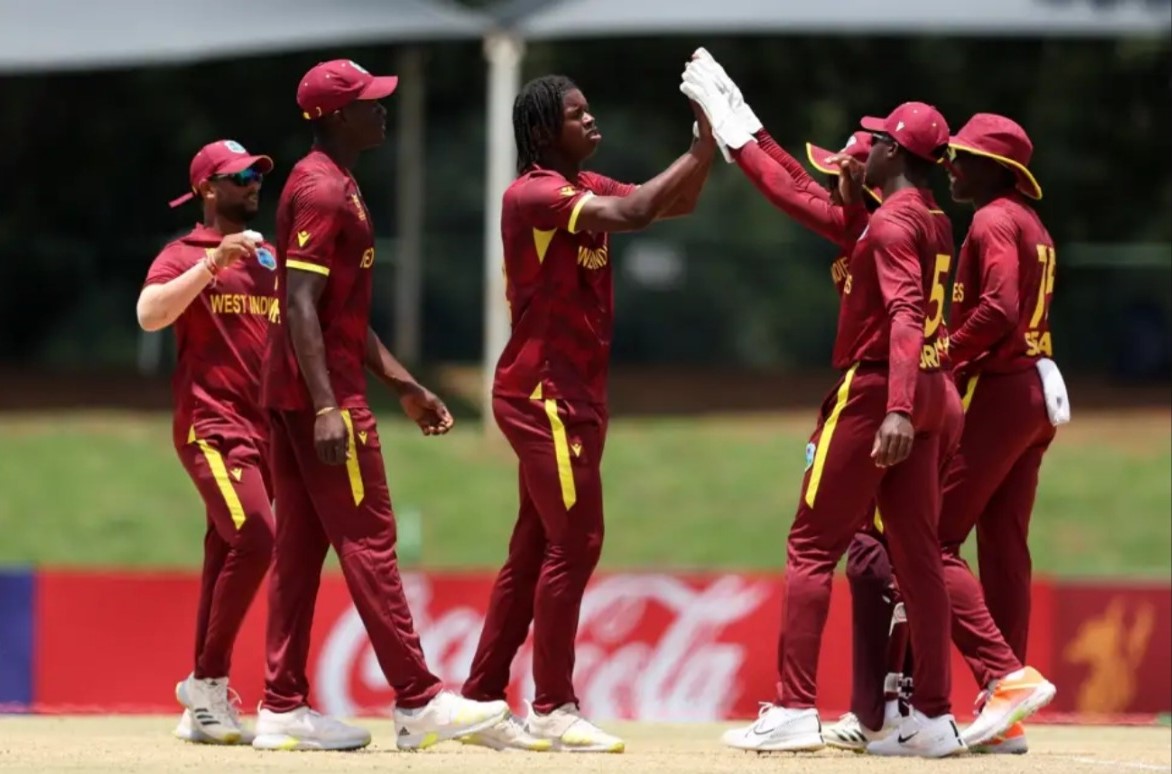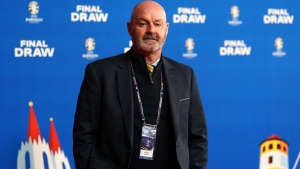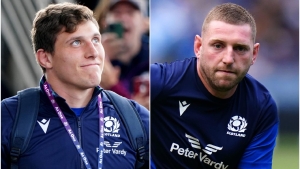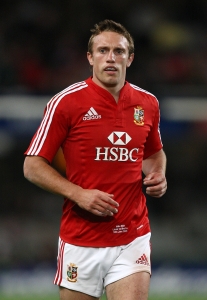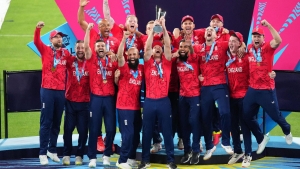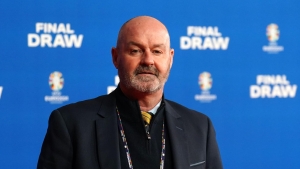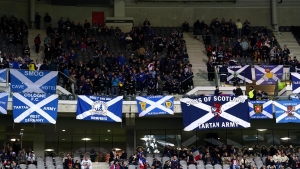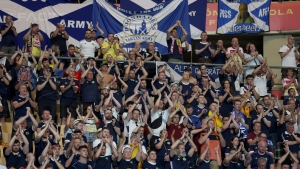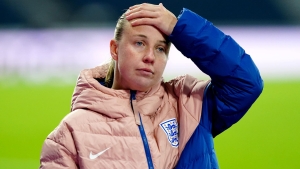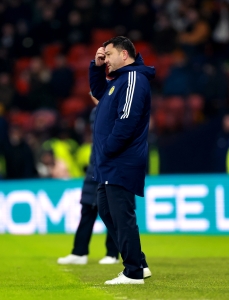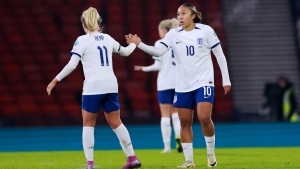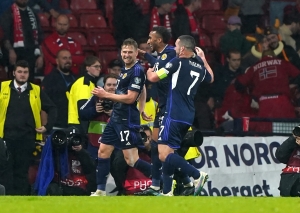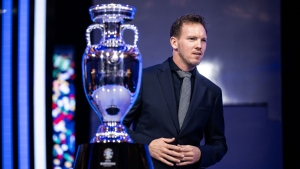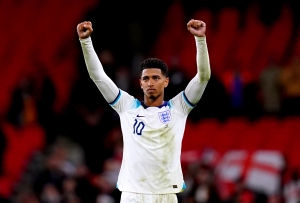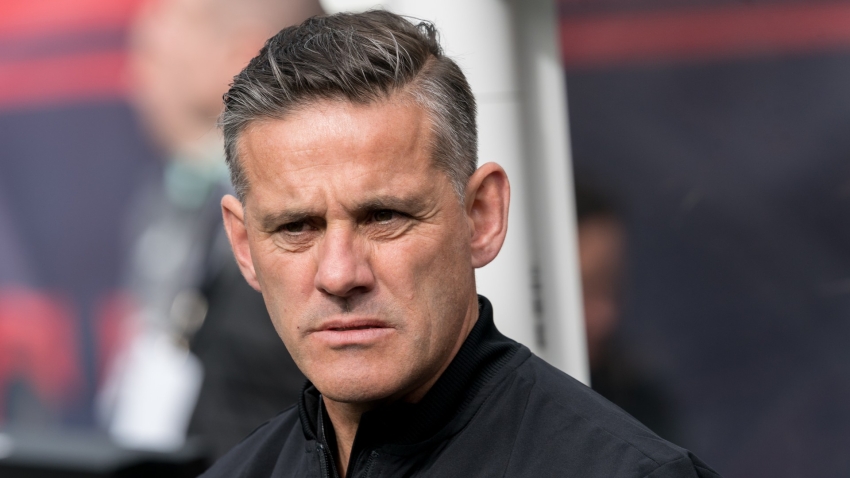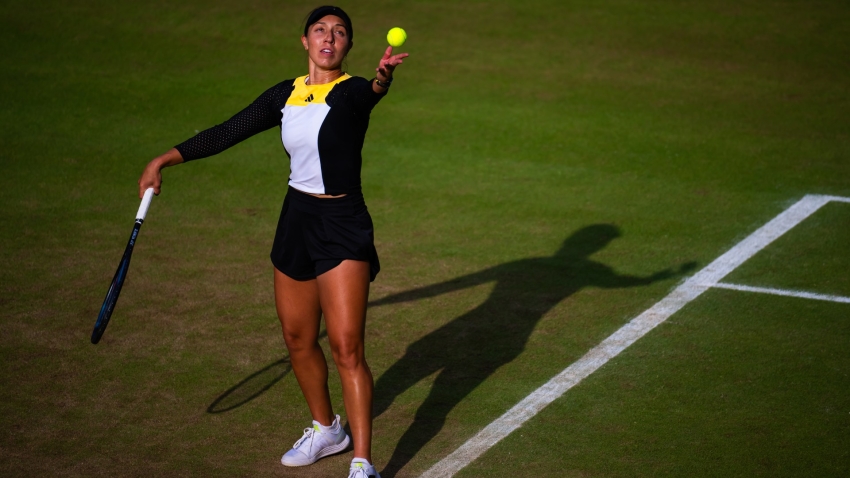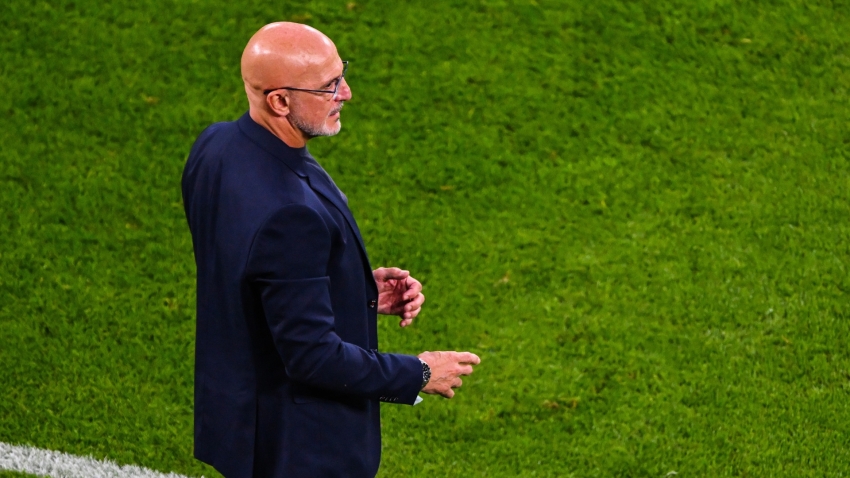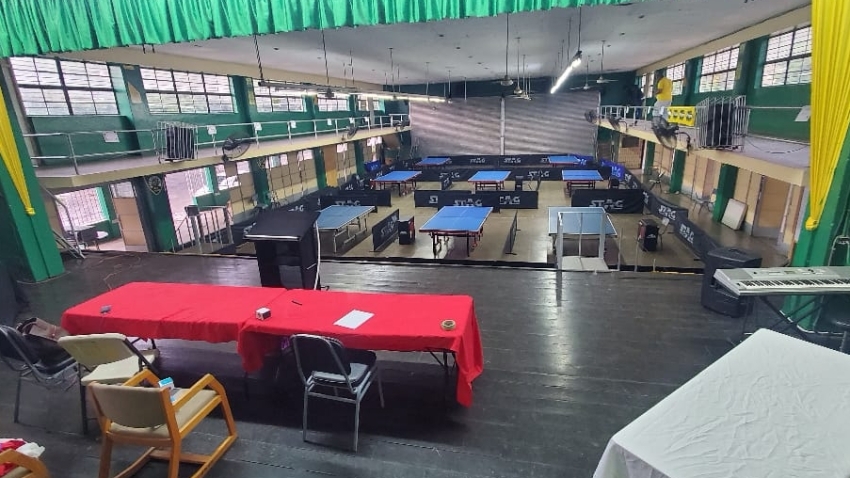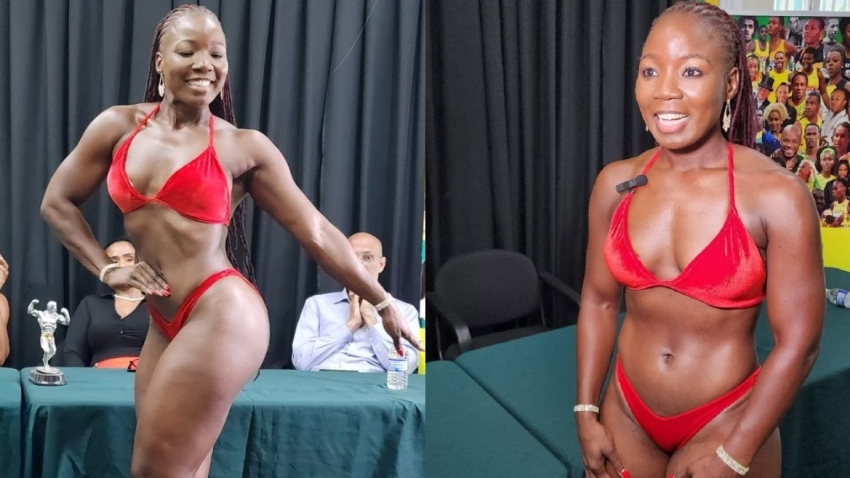England, Scotland and Wales could be paired together in Saturday’s Euro 2024 finals draw.
The Elbphilharmonie concert hall in Hamburg will host the draw ceremony, which gets under way at 5pm UK time.
Gareth Southgate’s England, runners-up at Euro 2020, will be one of the favourites to win the tournament, with in-form Real Madrid star Jude Bellingham set to be the shining light in a strong line-up.
Their performances in qualifying, where they topped Group C ahead of reigning European champions Italy, have earned them a place among the top seeds for the draw in what could be Southgate’s final bow as England boss.
His contract will be up next December and his future beyond that is uncertain.
Scotland are in Pot Three, while Wales are one of the 12 play-off hopefuls occupying three spots in Pot Four.
Rob Page’s side still have two big hurdles to overcome in order to join England and Scotland at the finals. They must first beat Finland on March 21 then also see off Poland or Estonia on March 26 to book their passage to Germany.
Page said at the time of the play-off draw on November 23: “The form we’re in at the minute and with the ‘Red Wall’ at home, we’ll take anyone on in Cardiff.
“It’s a great opportunity for us: we’re two wins at home away from another qualification to a major tournament. We’re hoping now for two big efforts.”
The placing of England, Scotland and Wales in different pots keeps open the possibility of them all being drawn together.
England faced Scotland in the group stage of Euro 2020 and Wales at the same stage at last year’s World Cup in Qatar. England and Wales also met at the group stage in Euro 2016.
From an England perspective, a ‘Group of Death’ would arguably include Denmark, the highest-ranked side in Pot Two, and the Netherlands or Croatia from Pot Three.
A rematch with Italy would round out a tough-looking pool for Southgate’s men, with the Azzurri alongside Wales in Pot Four.
Southgate, speaking after England’s final qualifier away to North Macedonia, said: “There looks like being really strong teams in Pot Two and Pot Three looks like it could be very strong.
“In the Euros we had Croatia in with us, who proved to be one of the best teams in the world over the last few years, and we managed to navigate that, so we’ve just got to be ready for whatever comes our way.”
Scotland were extremely impressive in qualification, finishing runners-up to Spain in Group A and booking their place in Germany with two matches to spare.
“It’s always nice to qualify for a major tournament,” Clarke said after last month’s final qualifier at home to Norway.
“Obviously the last one was Covid-restricted so we missed that connection and that feel with the fans.
“It’s great for everyone in the country that we have something to look forward to next summer.”
Pot One also contains last year’s World Cup finalists France, a Portugal team who won all 10 of their qualifying matches and a vulnerable-looking host nation Germany, who sacked their coach Hansi Flick in September following a 4-1 friendly defeat to Japan.


